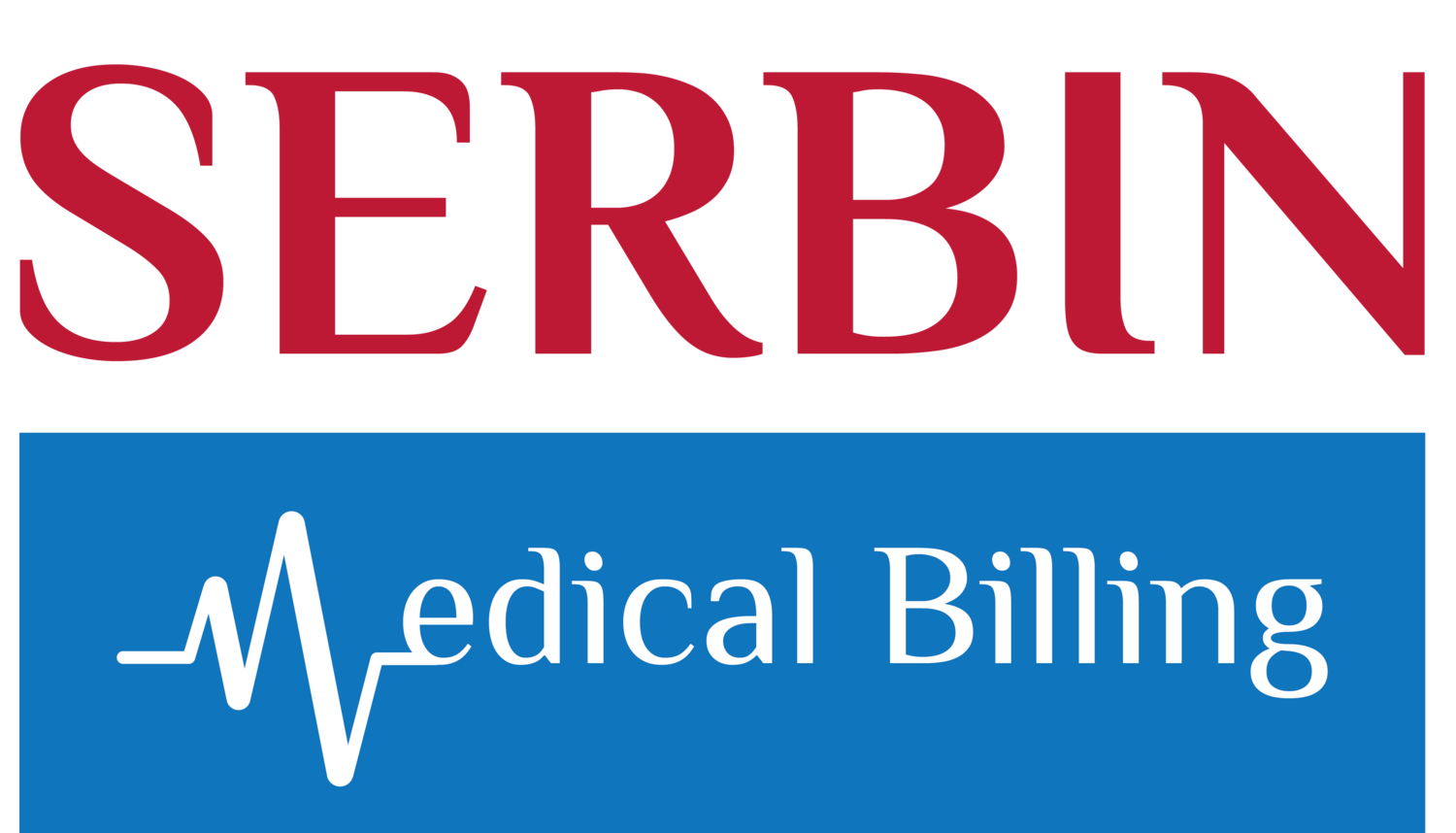Ask Caryl: Need for an ASC Medical Records Clerk
Q: In this era of electronic health records (EHRs), is it necessary for my ASC to employ a medical records clerk?
Caryl Serbin: To effectively answer this question, let’s first examine the typical duties of a medical records clerk:
Ensures the inclusion of all required documentation in the patient’s EHR within 30 days following the procedure.
Scans all paper documentation into the EHR.
Obtains all required electronic signatures.
Contacts provider’s office for missing history and physical and/or operative note documentation.
Provides coder with operative notes, pathology reports and other related documents to ensure optimal coding.
Provides requested medical files to persons/agencies according to policies and regulations.
Assists with departmental audits and investigations.
Maintains quality and accurate records by following approved policies and procedures.
Ensures all medical records are protected and kept confidential.
Depending on your ASC's caseload, you may not need an individual solely dedicated to serving as a medical records clerk. You may wish this to be a shared position, assigning the role's responsibilities to one of your other business office employees with the time to perform these duties properly.
Have an ASC revenue cycle question? Ask Caryl by emailing caryl@serbinmedicalbilling.com or fill out the form on this page.
Access archived Ask Caryl columns here.
Never miss a new Ask Caryl by following Serbin Medical Billing's LinkedIn page.



